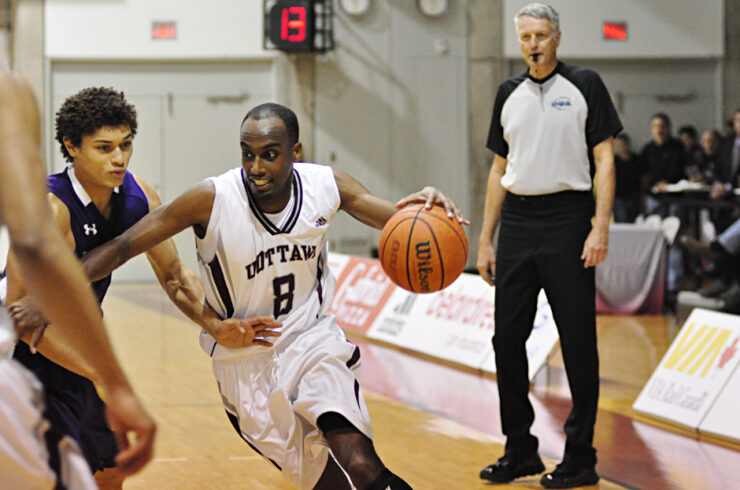FitBits and other wrist trackers have underlying issues that should be addressed
A healthy lifestyle, much like most things in life, is all about balance—watching what you eat, how much you exercise, and what kinds of harmful elements, chemicals, or conditions you expose yourself to.
Much of mainstream culture has been pervaded with the importance that physical health can have on people, and as a result there is more interest than ever in being fit.
Companies have sought to capitalize on this, and as technology advances more new gadgets are designed for use by fitness junkies everywhere, in pursuit of that perfect biological balance.
That being said, it would be wise for those about to jump into the world of fitness gadgets to tread lightly, as there are some notable shortcomings to fitness trackers such as FitBit that aren’t regularly discussed.
The tracker’s ability to transmit valuable data to companies for use or sale is a little-known feature that raises questions about consumer data protection.
“Fitness trackers are a fairly new technology and we don’t have many regulations right now,” Andrew Hilts, a researcher at the University of Toronto, told CBC News. “We found cases where your data is being sent and you might not be aware, and there’s no apparent reason why it’s being sent.”
Hilts also points out that the wristwear monitors location, which could be a safety risk and can provide useless or false data to a user.
Brandyn Martineau, a senior sprinter on the Gee-Gees track and field team, doesn’t use fitness trackers and doesn’t intend to.
“(You’re) less focused,” said Martineau. “(Fitness trackers) take away from your workout if you’re constantly checking them.”
There is also a concern with just how accurate some of these machines are, in that they might be giving off a false sense of achievement by under or overestimating its measurements.
This doesn’t mean that fitness trackers are inherently bad things however, as Martineau notes that “some people have no self-motivation and it could be used as a tool to push them.”
However, Martineau said that “old school” fitness methods might still be the most successful for beginners.
“Starting off for beginners, the best way will always be to train with another person over following a machine or a program alone. You can learn more from them, build off of them, receive positive reinforcement, constructive criticism, the list goes on.”
Trackers can provide information that perhaps wouldn’t be measurable by a workout partner, such as heart rate and calories burned, but unless you are a high-level athlete or a health aficionado then the data received from these devices can seem abstract and irrelevant.
The most important thing to remember when working out is that it’s more of a feeling process than a thinking one—trust your body and the signals it’s giving you.
Make sure you’re getting a comprehensive and focused workout in, and try not to stress over not hitting your optimal BPM for the day.
Try putting the FitBit down for a little and feel things out for yourself—it might be better in the long run.




